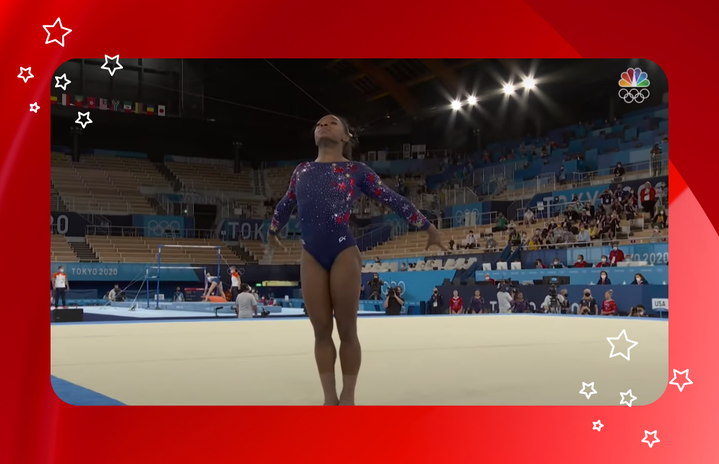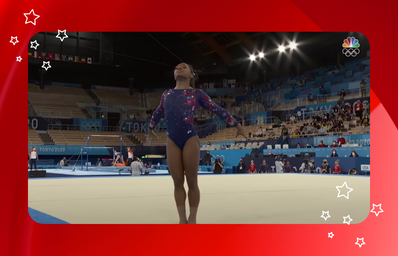Black women have been making waves in the athletic field, from American sprinter Sha’Carri Richardson to top-ranked singles tennis player Naomi Osaka. Coco Gauff, a nineteen-year-old WTA tour singles title winner, and Faith Kipyegon, a double-titled 1500-meter Kenyan track runner. Seven Olympic gymnast medalists—Simone Biles, two-time WNBA MVP and Olympic medalist A’ja Wilson are other prime examples.
All these women are called the greatest for a reason. These trailblazers got to their level of success because they never listened to the media, trolls, or harsh critics who tried to tear them down as they witnessed Black women claiming their well-deserved titles and breaking world records. This article highlights and celebrates these women not just as athletes but also as inspirations to Black girls and women worldwide who want to win titles and become legends.
Sha’Carri Richardson is an excellent example of someone who was held back on her path to make history, but she did not allow that obstacle to stop her from reaching heights that the world didn’t even know were possible. On July 1st, 2021, The New York Times posted a shocking article titled, “Sha’Carri Richardson, a Track Sensation, Tests Positive for Marijuana.” After her win in the 100-meter race at the U.S. track and field trials in Oregon, she tested positive for marijuana and was then suspended for a month from competing.
The media scrutinized her for her decision, as Richardson was going through a difficult period as her biological mother passed during the time of the competition. Black women in sports are put under a magnifying glass, as every decision they make in their careers reflects heavily on their image. Richardson must be held accountable for her actions; however, looking closer in this case, there appears to be a double standard.
In Kamila Valieva’s case, an Olympic ice skater who tested positive for trimetazidine — a medication banned in sports competitions— could still compete under suspicion in the 2022 Beijing Winter Olympics.
The decorum and class Sha’Carri Richardson presented as she was under pressure and doubt from the public is beyond commendable. In the New York Times article, she left everyone with this, “This will be the last time the U.S. doesn’t come home with a gold medal in the 100.”
Sha’Carri delivered on getting back on track to winning that medal. With hard work and laser focus, she reached the goal of running under 11 seconds in her second 100m meet of the 2023 season in April, according to the Olympics article, “Sha’Carri Richardson all set to fly in the 2023 season”.
Sha’Carri Richardson is only one of the many talented Black women in the sports industry who silences the haters and continues to beat the odds every time to solidify their status and their worth as athletes.
Consider Coco Gauff, a 15-year-old prodigy now a 19-year-old US Open champion. The comeback of the summer, one could call it. According to the ESPN article, “Coco Gauff’s magical run to the 2023 US Open title,” the first time Gauff played in the Arthur Ashe Stadium, she was left in tears as her rise as a rookie came with so many raw and overwhelming emotions.
Recently, Gauff defeated the soon-to-be world number one and reigning Australian Open champion, Aryna Abalenka. Gauff immediately fell to the ground after her last winning point, as all her emotions and memories of blood, sweat, and tears from the previous four years poured onto that court.
These upcoming stars who look like me continue to make history. They encourage all Black women and girls worldwide to take risks, never give up, and build resilience in whatever field they aspire to thrive in. Representation in the media is vital today — with industries starting to increase in diversity.
I want to continue to see Black actresses on the big screen, see Black women in sports hold their trophies or medals on the podium, see Black scientists make groundbreaking discoveries and have them published, not hidden, and I want to witness Black activists holding their Nobel Prize in their hands.
Who do you see as your role models when hearing these fantastic women’s stories? How do you want to be represented in the public eye? Lastly, how do you want to mold yourself into the next role model other young girls look up to? Let us know @HerCampusSJSU!


